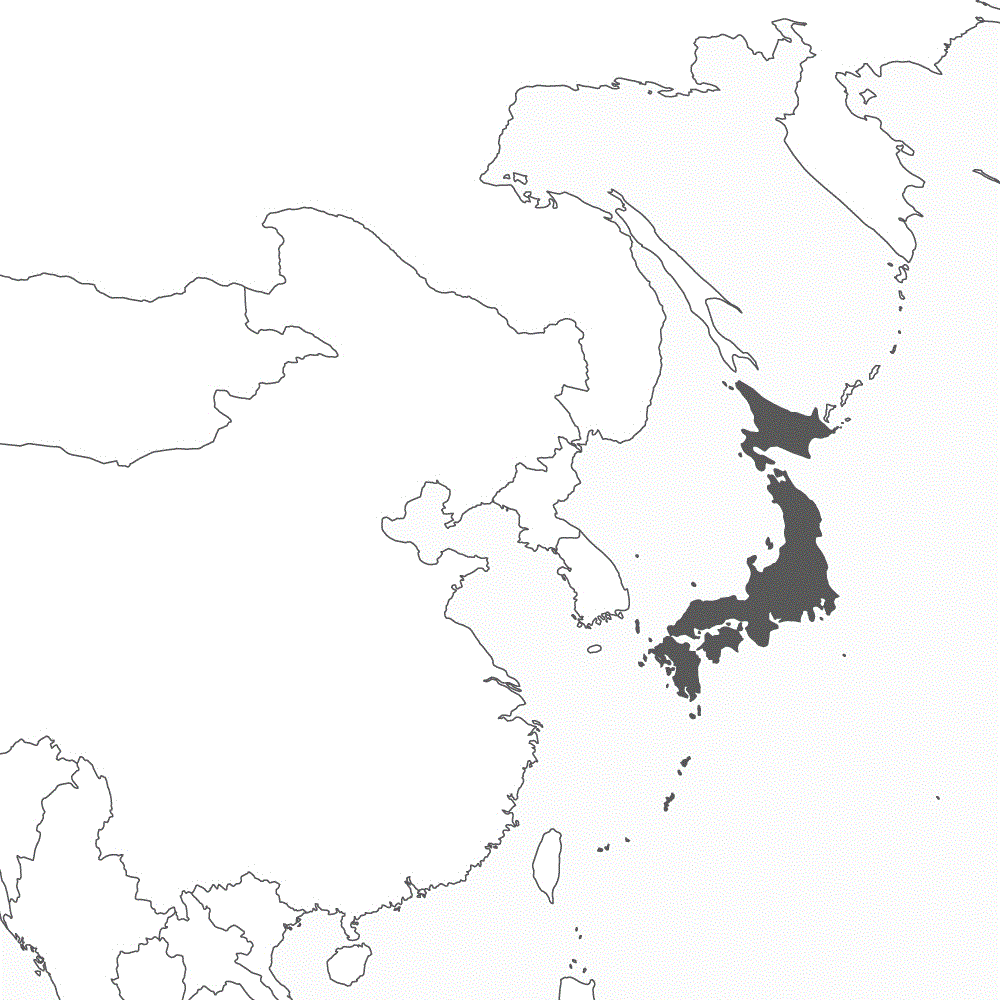BERLIN/SHARM EL SHEIKH (Own report) - The EU and the Arab League are strengthening their strategic partnership and expanding their cooperation in thwarting refugees. This is the result of the summit meeting of the two international associations, which ended yesterday. This was the first of the summit meetings due to be held in regular intervals. The summit was convened in accordance with Berlin's strategic plans to play a leading role in the "arch of crisis" at Europe's southern and southeastern borders, and counter not only the influence of Russia and China, but also of the United States. Thus, the agreements reached at the summit run counter to US Middle East policy. The participating nations particularly took positions in opposition to the presumed contents of the so-called Middle East peace plan Washington intends to unveil soon. It seems odd, that in their summit declaration, both parties declare international law to be their benchmark, at a time when the EU is promoting a putsch in Venezuela and members of the Arab League are accused of officially sanctioned murder and massacres. Read more
BERLIN/WASHINGTON/DAMASCUS (Own report) - Syria faces an open economic war with the new EU and US sanctions, experts contend. A recent analysis of the European Council on Foreign Relations (ECFR) notes, the sanctions have a "hugely detrimental impact on the most vulnerable members of Syria's population." The sanctions imposed on Syria have been strongly criticized internationally for many years. Already in 2016, the United Nations noted, that it is the "most complicated and far-reaching sanctions regimes ever imposed." UN officials cite Western sanctions and not the war as the "principal factor" in the erosion of Syria's health care system. Now that Brussels has even extended its sanctions, Washington is about to impose sanctions on all companies and countries lending support to Syrian government projects to rebuild the country. The ECFR speaks of a „scorched earth policy." Read more
MUNICH (Own report) - At the Munich Security Conference last weekend, the power struggle between Berlin and Washington openly escalated to an unprecedented level. US Vice President Mike Pence reiterated his ultimatum that Berlin and the EU immediately renounce their political and economic projects, which are not fully in accord with US policy, pertaining particularly to the Nord Stream 2 pipeline and the Iran nuclear deal. German Chancellor Angela Merkel rejected the US demands. In view of the dispute with Washington, German Foreign Minister Heiko Maas declared at the Security Conference that "Europe" faces the "crucial question" whether it will be "the subject or the object of global policy in the future." It must, therefore, "transform geo-economic capital into geopolitical capital" to become "a cornerstone of the international order" and "develop its own geopolitical identity." Maas is expressing his demands, at a time, when the EU's Iran policy is about to fall apart and the European power base needed for Berlin's ambitions is crumbling. Read more
BERLIN/MOSCOW/BEIJING (Own report) - The privileged German-European access to Russian natural gas could be lost, is the warning, as the battle over the "Nord Stream 2" pipeline persists. According to a recent analysis published by Oxford University, western sanctions, imposed on Russia in 2014, have encouraged Moscow to seek alternative markets for its resources. China, in particular, plans to purchase large amounts of Russian natural gas. The first pipeline is scheduled to go into operation this year. A second pipeline - tapping the fields currently supplying gas exclusively to Europe - is in planning. The same applies to new Russian liquefied gas projects. In the future, "European customers" will most likely have to compete in Russia with "Asian customers," the Oxford University analysis predicts. Instead of forcing Moscow to its knees, the sanctions could put an end to Berlin's privileged access to Russian natural gas and if the "Nord Stream 2" fails, it could further worsen the EU's position. Read more
BERLIN (Own report) - The German government is proposing a new industrial strategy to shield German companies from takeovers by foreign corporations, while facilitating mergers of large German and EU corporations. The "National Industrial Strategy 2030" presented yesterday, by Germany's Minister of the Economy Peter Altmaier intends to enable the German industry to prevail in global competition against Chinese, as well as, US corporations. So-called "national" or "European champions" are needed, even if they do not comply with current anti-trust regulations. This has been a proposal in Berlin for quite awhile. Measures are needed "to secure" or "regain Germany's and the European Union's economic and technological leadership." This is also in response to a protectionist race to reindustrialize the USA and the EU, which was launched under Barack Obama and is now being accelerated by the Trump administration. Read more
BERLIN/TOKYO (Own report) - In Tokyo today, German Chancellor Angela Merkel will conclude a statement of principles on intelligence service cooperation with Japan more closely linking Germany to espionage structures directed against China. According to reports, the agreement will initially regulate the exchange of intelligence information, along the lines of similar agreements Japan has concluded also with the USA, Australia, India, and NATO. Berlin and Tokyo are thereby drawing closer to the US-led "Five Eyes" intelligence network, which launched an international campaign against Beijing last summer. As the Western campaign against China gains momentum, the German government, together with Japan, is also seeking to make a stand against the USA, staking its claim to an independent global policy. Therefore, Berlin is taking joint action, not only with Japan, but with Beijing as well against the Trump administration's punitive tariffs, as Norbert Röttgen, CDU foreign policy maker explained. Read more
GERMAN-FOREIGN-POLICY.com
Information on German Foreign Policy: News + Interviews + Analyses + Background


